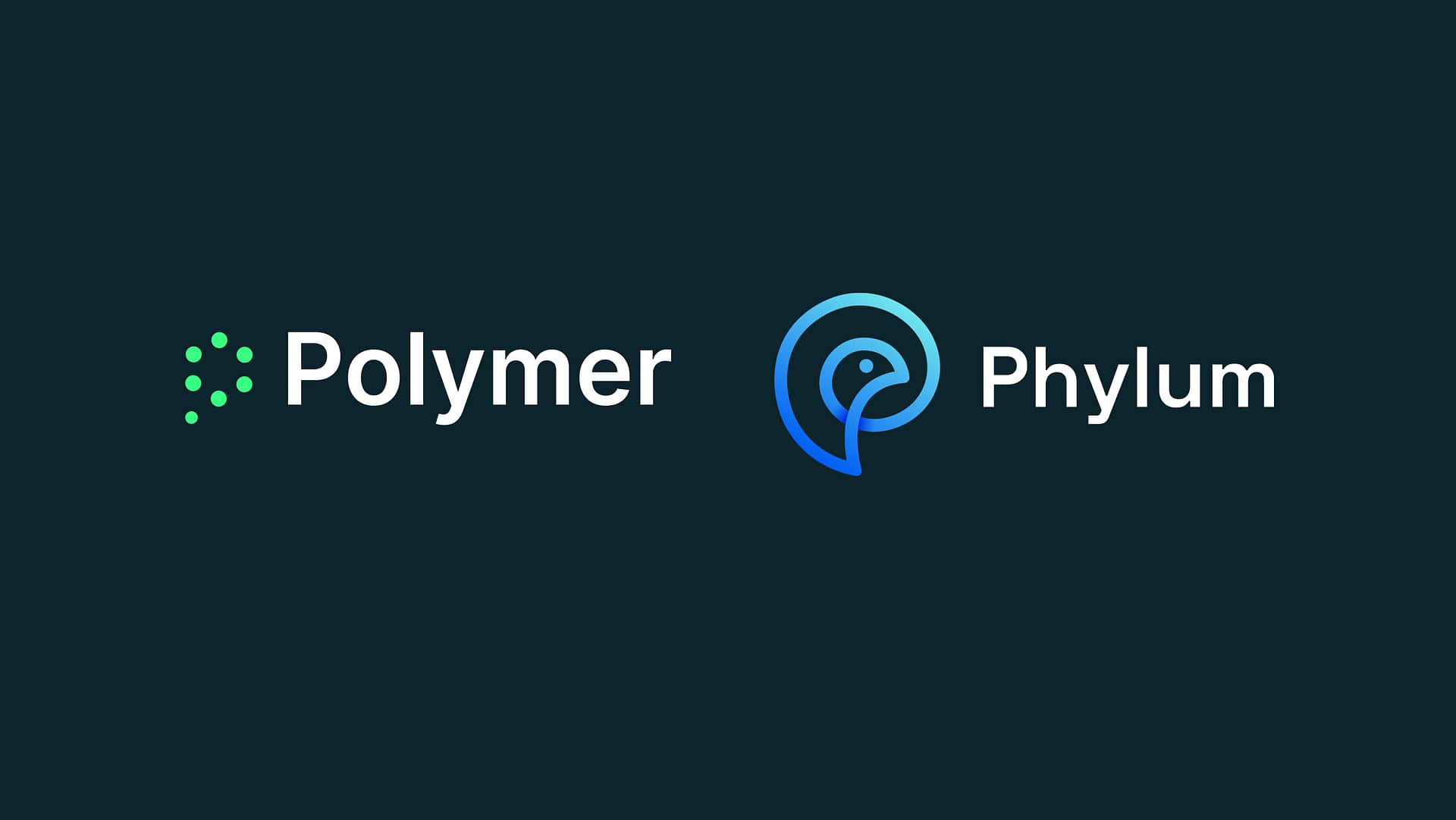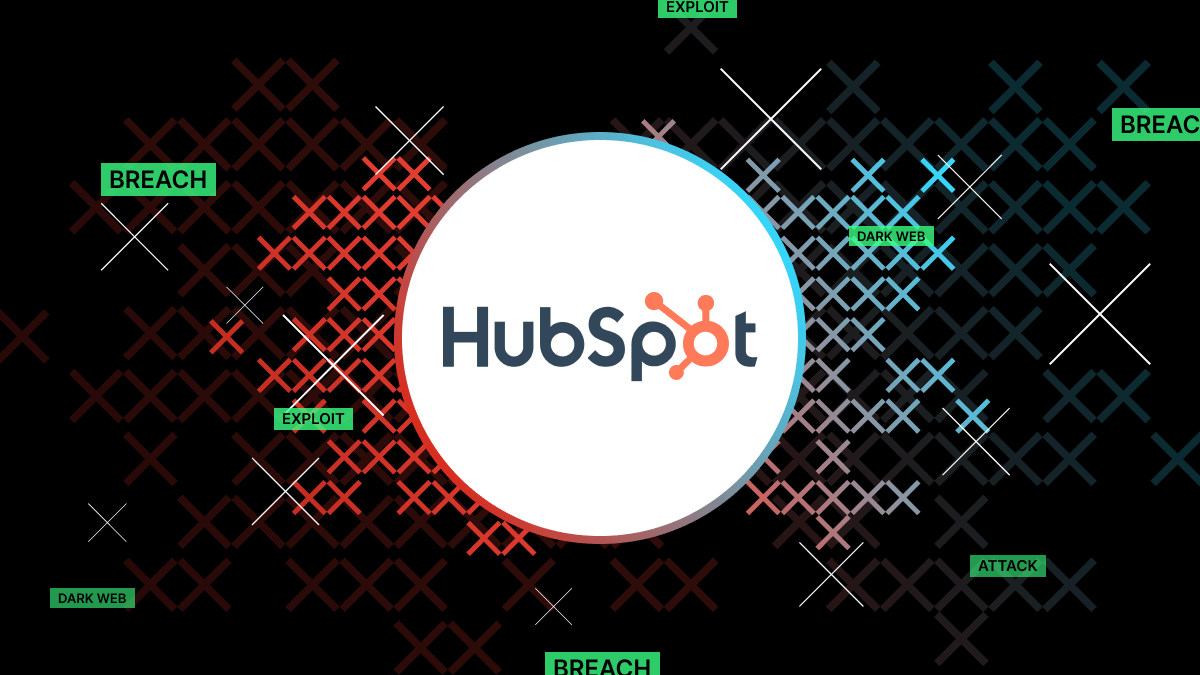HubSpot was in the hot seat this weekend after rumors started circulating that the company suffered a cybersecurity attack.
Here’s everything you need to know.
What happened?
On Friday 28th June, IT publication TechCrunch caught headwinds of a cybersecurity incident at HubSpot. They reached out to the company’s CISO for further details.
Here’s what the spokesperson said:
“HubSpot identified a security incident that involved bad actors targeting a limited number of HubSpot customers and attempting to gain unauthorized access to their accounts.”
“HubSpot triggered our incident response procedures, and since June 22 we have been contacting impacted customers and taking necessary steps to revoke the unauthorized access and protect our customers and their data.”
At this point, it’s unclear how many HubSpot customers have been affected and how exactly the intruders managed to break into their accounts.
What it means
While HubSpot’s commentary on the breach attempts to instill calm, a few details indicate that this incident could be severe.
The company said it initiated incident response procedures on June 22nd, but the unauthorized actors may have had access to customer data for days or even weeks prior to this.
We also don’t know what kind of data the malicious actors accessed. As HubSpot is a customer relationship management (CRM) software provider, it contains all sorts of sensitive information relating not only to HubSpot’s customers but their customers’ customers.
Lessons learned
This incident reinforces the importance of taking a zero trust approach to cybersecurity–especially when it comes to cloud-based applications like HubSpot, Slack and Microsoft Teams.
Because these applications are cloud-based, users oftentimes only need their email address and password to login from any device, which spells trouble should these credentials get in the wrong hands.
While multi-factor authentication offers a simple deterrent to prevent these kinds of attacks, sophisticated hacking groups know how to work around these mechanisms.
It’s therefore wise to employ data-centric, zero-trust-based security tools that bring cybersecurity closer to the data access level, rather than the user identity level.
With these tools, organizations can protect their sensitive data from theft even in the event of a malicious actor gaining entry to their employee’s SaaS accounts.
Find out more about Polymer’s data-centric security solution for SaaS apps here.


